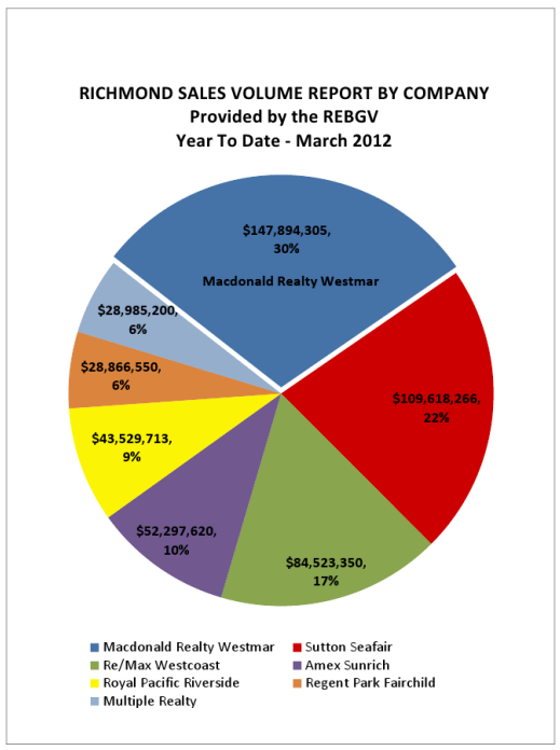
By Bill Bischoff | MarketWatch
Prices in many real-estate markets may be close to bottoming out. We hope. So the old adage about buying low
may be something to consider if you have a kid who will soon be heading off to college. The idea is to buy a condo
for the kid to live in while attending school. That way, you’ll avoid paying through the nose for a dorm room or
apartment with no hope of any profit. And if you buy a condo that has some extra space, you can rent it out to your
kid’s friends and offset some of the ownership cost.
Lots of parents have made good money by following this strategy for the four or five or, God forbid, six years their
kids spent in college and then selling the condo after graduation. Of course, the longer you can hold onto the
property, the better the odds of cashing out for a profit. The other key factor to consider is the tax benefits. Here’s
what you need to know.
Deducting college condo ownership expenses
The tax rules generally prevent you from deducting losses incurred from owning and renting out a residence that’s
used more than a little bit by you or a member of your immediate family. However, a favorable exception applies
when you rent at market rates to a family member who uses the property as his or her principal home. In this
case, you can deduct tax losses from the rental activity (subject to the passive loss rules, which I’ll explain later).
This beneficial loophole is open for you if you buy a condo and rent it out to your college-going child (and roomies,
if any) at market rates.
You can deduct the mortgage interest and real-estate taxes. If you pay mortgage points, you can amortize them
over the term of the loan. You can also write off all the other operating expenses—like utilities, insurance,
association fees, repairs and maintenance, and so forth. As a bonus, you can depreciate the cost of the building
(not the land) over 27.5 years, even while it is (we hope) increasing in value.
So where will your poverty-stricken son or daughter get the money to pay you market rent for the condo? The same
place he or she would get the cash to pay for a dorm room or an apartment rented from some third party. In other
words, from you! You can give your kid up to $13,000 annually without any adverse federal tax consequences. If
you’re married, you and your spouse can together give up to $26,000. Your child can use that money to write you
monthly rent checks. Just make sure he or she actually sends the checks and make sure they say they are for
rent. Also, it’s best if you open up a separate checking account to handle the rental income and expenses. Taking
these simple steps will help keep the IRS off your back if you ever get audited.
Passive loss rules may postpone tax losses
If the condo throws off annual tax losses (which it probably will after counting depreciation deductions), the
passive activity loss (PAL) rules generally apply. The fundamental PAL concept goes like this: you can only deduct
passive losses to the extent you have passive income from other sources -like positive taxable income from other
rental properties you own or gains from selling them. Fortunately, a special exception says you can deduct up to
$25,000 of annual passive losses from rental real estate provided: (1) your annual adjusted gross income (before
the real estate loss) is under $100,000 and (2) you “actively participate” in the rental activity. Active participation
means being energetic enough to at least make management decisions like approving tenants, signing leases,
and authorizing repairs. You don’t have to mop the floor or snake out the drains.
If you qualify for this exception, you won’t need any passive income from other sources to claim a deductible rental
loss of up to $25,000 annually (your loss probably won’t be that big). Unfortunately, however, if your adjusted gross
income (AGI) is between $100,000 and $150,000, the special exception gets proportionately phased out. So at AGI
of $125,000, you can deduct no more than $12,500 of passive rental real estate losses each year (half the normal
$25,000 maximum). If your AGI exceeds $150,000 and you have no passive income, you can’t currently deduct any
rental real estate losses. However, any disallowed losses are carried forward to future tax years, and you’ll be
able deduct them when you sell the college condo. All in all, this is not a bad tax outcome--as long as your losses
are mostly of the “paper” variety from noncash depreciation write-offs.
Favorable tax rules when you sell
When you sell rental real estate that you’ve owned for over a year, the profit—the difference between sales
proceeds and the tax basis of the property after subtracting depreciation—is long-term capital gain. However, part
of the gain—the amount equal to your cumulative depreciation write-offs—can be taxed at a maximum federal rate
of 25%. The rest of the gain will be taxed at a maximum federal rate of no more than 15% under the current rules
(which I hope will be extended to post-2012 years).
Remember those carryover passive losses that we talked about earlier? You get to use them to offset any gain
from selling the condo.







 English
English 中文(简体)
中文(简体)


![<![CDATA[10 Tips for Turning a First Home Into an Income Property]]>](http://www.hgtv.ca/images/hg_c3107_M2.jpg)
